The Industrialization and Digitization of Additive Manufacturing project (IDAM project) for automotive series processes has been successfully implemented. The project consortium, funded by the Federal Ministry of Education and Research (BMBF), and led by the BMW Group, started three years ago with small and medium-sized companies, large companies, and research institutions. All members had a common goal – to revolutionize metallic 3D printing in the field of automotive series production.
In 2020, as the IDAM project was at its halfway mark, one of the most notable advancements was the identification of a metal powder material by GKN PM that demonstrated excellent potential for industrialization in the automotive market. The material is DP 600, a dual-phase steel whose mechanical properties can be tuned using heat treatment methods. The gas atomized material, validated on the EOS M300-4 system, demonstrated an elongation rate of 13% (as-built) up to 22% (with heat treatment), and tensile strength of 950 MPA (as-built) up to 700 MPA (with heat treatment).
Two years later, the twelve members of the consortium are set to present the successful implementation of the IDAM project at the BMW Group Additive Manufacturing Campus in Oberschleißheim. There, a digitally-networked, fully-automated 3D printing production line has been set up and prepared for automotive series production. Another line is located at GKN Powder Metallurgy in Bonn.
Every year, around 50,000 components can be cost-effectively produced, when producing identical parts, and more than 10,000 individual and spare parts, using laser powder bed fusion (LBPF).
Manufacturing on Demand
Driverless transport systems (DTS), which started with a concept sketch in 2019, now transport the mobile construction chambers of the 3D printers, fully automatically, between the modules of the IDAM production lines. The machines are orchestrated by a central control unit, in which all production data from the individual line modules converge – ensuring maximum productivity and quality.
During the IDAM project, new concepts for the automatic generation of 3D printing construction data were developed. Fully automated modules now transport the processed metal powder to the processing stations, where the metal powders are prepared independently. The post-processing of the manufactured components takes place in specially designed stations, which are also fully automatic.
The quality of the components is the highest priority. The quality assurance of the finished parts takes place inline during the laser melting process using sensors. Among other things, emissions from the melt pool are examined using a CMOS camera and pyrometer. The recorded data is correlated with the real component quality using AI algorithms.
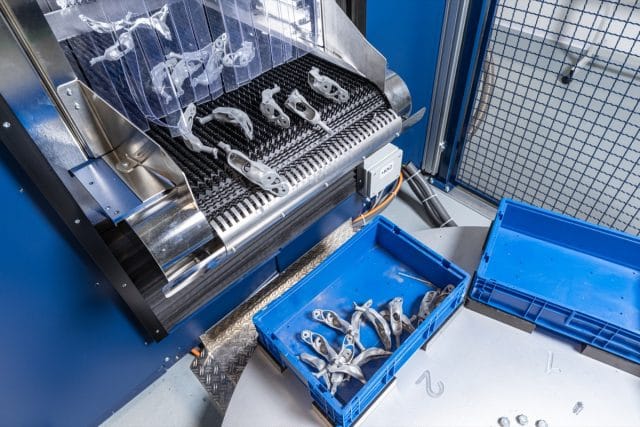
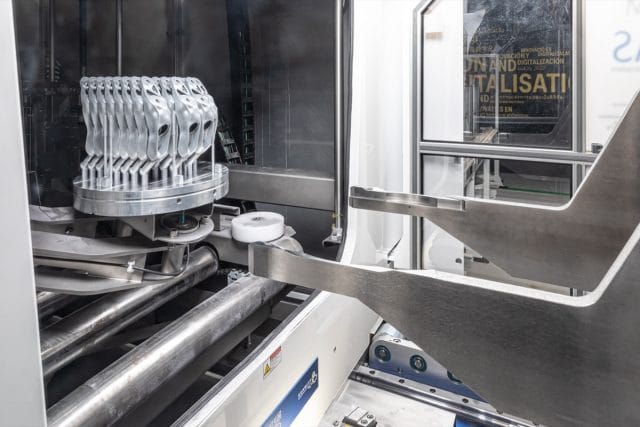
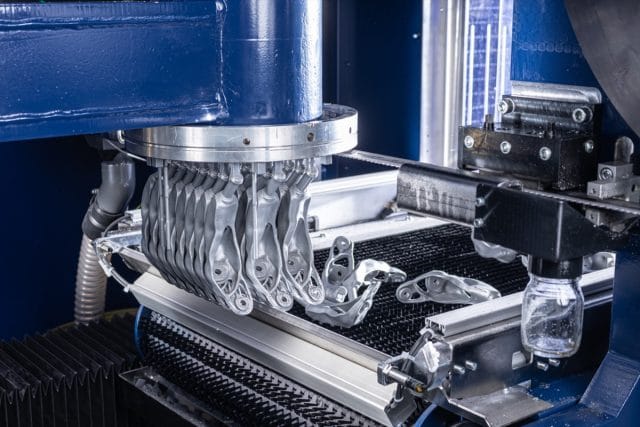
“From the very first day of the project, a team spirit could be felt among the partners. Learning from each other, developing innovative solutions together, and developing the individual strengths of the individual partners in the best possible way – these were the keys to success for the industrialization and digitization of additive manufacturing,” said Felix Haeckel, consortium leader, and project manager at BMW Group.
* This article is reprinted from 3D Printing Media Network. If you are involved in infringement, please contact us to delete it.
Author: Edward Wakefield

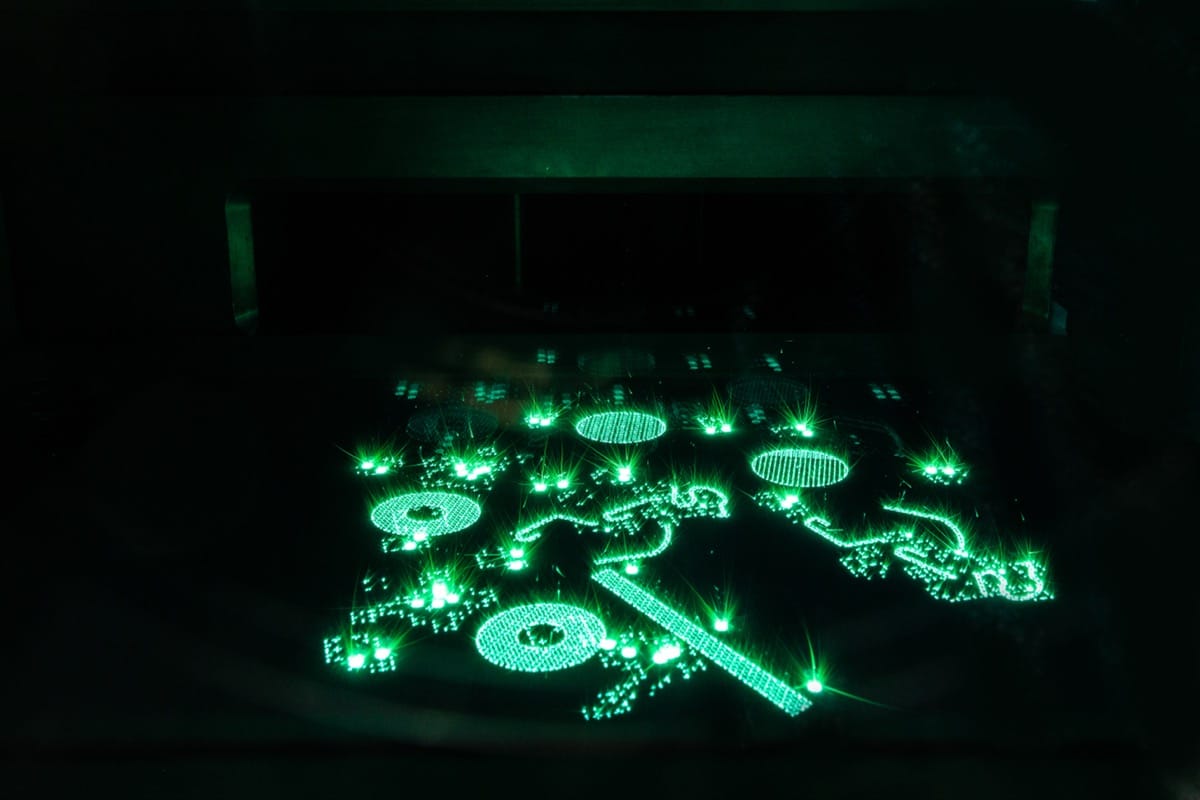
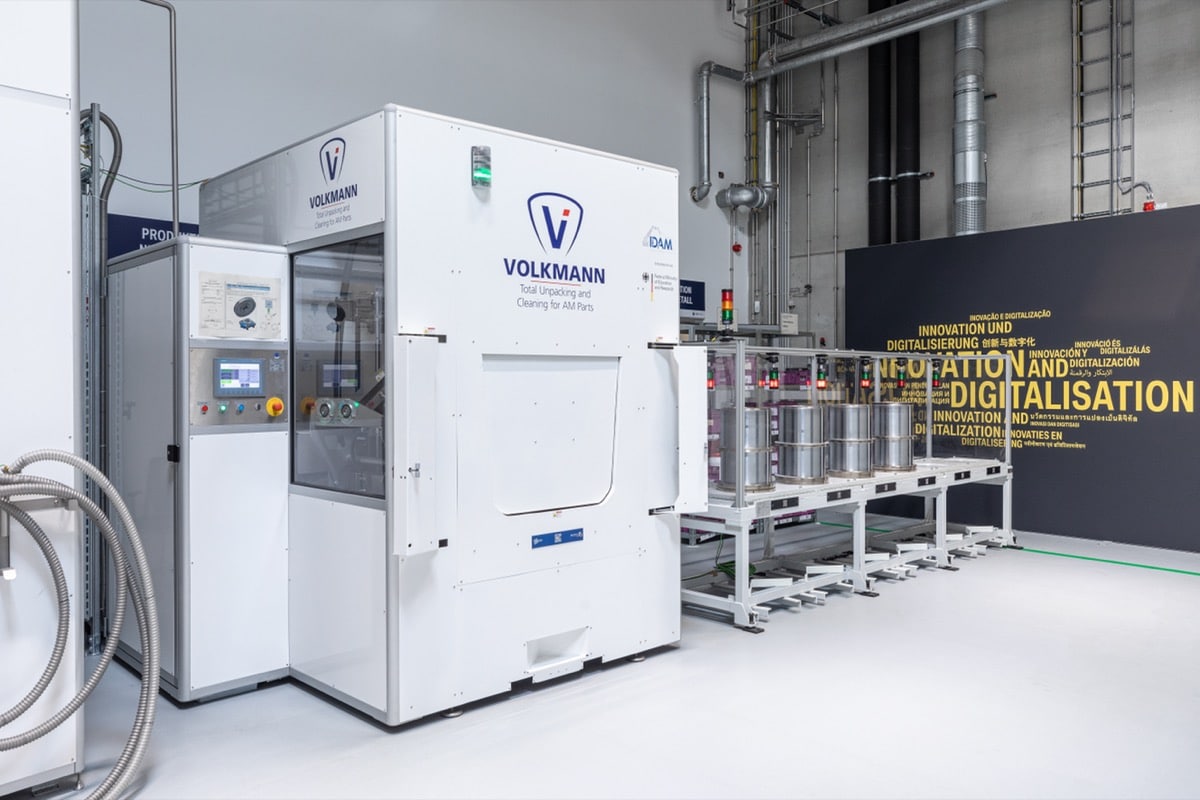
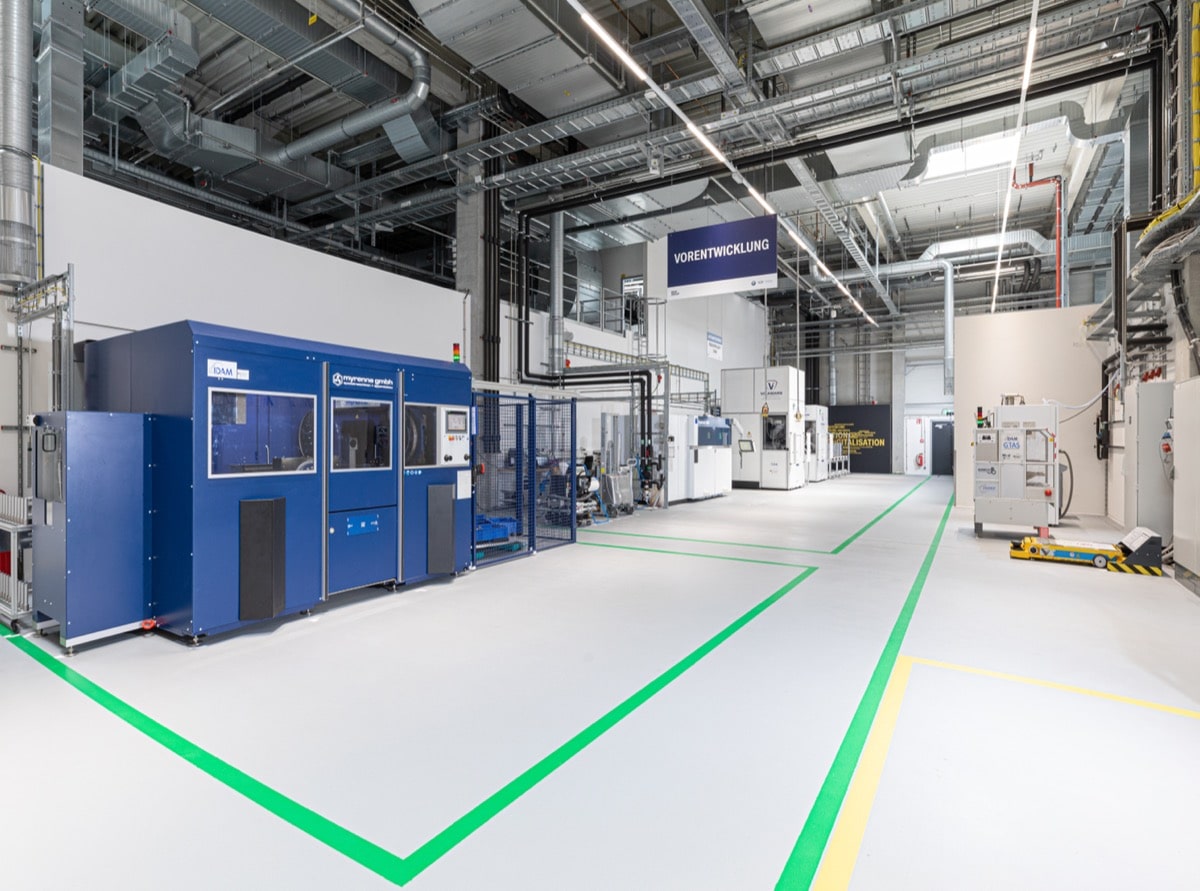
Leave A Comment